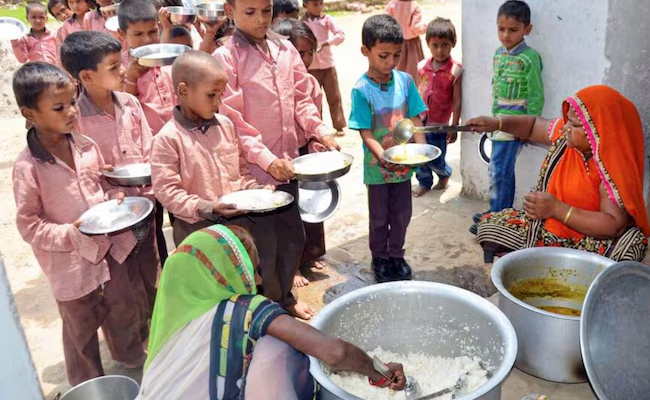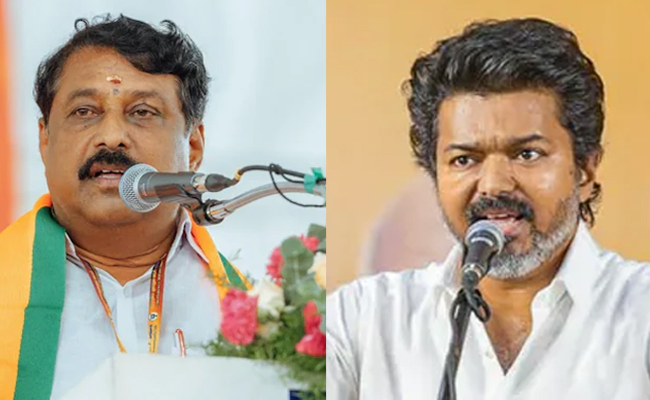Bengaluru: Traditional engineering disciplines such as mechanical and civil engineering are reportedly losing popularity among students in Karnataka, as Artificial Intelligence (AI) and Machine Learning (ML) courses see a surge in demand.
Several engineering colleges have approached the state’s Higher Education Department seeking either a reduction in intake or complete closure of conventional engineering programmes, The New Indian Express quoted officials as saying.
This year, colleges had anticipated a revival in mechanical engineering admissions, particularly under the management quota, due to increasing opportunities in sectors like manufacturing and defence. Similar interest was also expected for government quota seats. However, the interest has reportedly not materialised as expected.
A senior official, quoted by TNIE, said that the popularity of AI-related courses has continued to rise from last year. “This is largely due to the increasing number of job opportunities in AI-related fields, strong demand from the IT industry, and a growing awareness among students about the future potential of emerging technologies like ML and data science,” the official said.
For the academic year 2025–26, a total of 1,35,969 engineering seats have been made available across 217 colleges in Karnataka, including 64,047 under the government quota. This marks a reduction of 5,313 seats compared to 2024–25, when 1,41,009 seats were offered across 245 institutions, with 66,663 in the government quota, the report added.
The final seat matrix for the upcoming year has not yet been released. Officials confirmed that decision to reduce or close certain courses has already been made. Any increase in seats, especially for AI, ML, and related disciplines, will be reflected once all colleges update and submit their data.
Despite an earlier proposal to freeze Computer Science and Engineering (CSE) seats, a substantial number are still available this year. A total of 33,813 CSE seats have been offered, including 15,754 under the government quota. Last year, there were 35,013 CSE seats, of which 16,280 were in the government quota. Additionally, 18,492 seats are available in Electronics and Communication Engineering, and 8,538 in Information Science and Engineering.
Let the Truth be known. If you read VB and like VB, please be a VB Supporter and Help us deliver the Truth to one and all.
Kendrapara (Odisha) (PTI): A three-month-long caste row at an anganwadi centre in a village in Odisha's Kendrapara district ended on Monday as upper caste children returned to the facility and consumed food cooked by a Dalit woman helper.
Of the 20 children on the roll, 16 came to the anganwadi centre in Nuagaon village under Ghalimala gram panchayat with their parents and accepted the food cooked by the helper, with the absentees reporting ill.
The anganwadi centre remained shut since November 21 last year, following the appointment of Sharmistha Sethy, a Dalit woman, as a helper, with several upper caste families refusing to send their wards to the facility or even accept nutritious food items supplied by the government for pregnant women and lactating mothers.
ALSO READ: Australia add Steve Smith as replacement for Hazlewood in T20 World Cup squad
The caste row triggered nationwide outrage, and the matter was even raised in Parliament, with Congress president and Leader of the Opposition in Rajya Sabha, Mallikarjun Kharge, voicing concern over caste discrimination in the workplace.
On Monday, Kendrapara Child Development Project Officer (CDPO) Dipali Mishra and Rajnagar MLA Dhruba Charan Sahoo were present at the anganwadi centre to welcome the children.
"I served ragi ladoos to the children. Later, I cooked rice and 'dalma' (vegetable curry) and served the children. Seeing them eat the meals made me overjoyed. They also played with toys, bringing back life to the centre, which was left deserted for around three months," Sethy said.
"I hope caste discrimination will not lurk its ugly head in the village anymore," she added.
CDPO Mishra said the children, flanked by their guardians, had joyous moments at the centre.
"The centre functioned sans the children for almost three months due to some villagers' disagreement over the appointment of Sharmistha Sethy as the anganwadi centre helper. Now, the vibrancy is back," Mishra said.
On the absentees, the CDPO said they could not join as they are not well.
"We hope the absentee children will come to the centre on Tuesday as the dispute has been resolved. People have decided to relegate the differences to the background. This is heartening," she added.
Rajnagar MLA Dhurba Charan Sahoo said, "The issue is now a thing of the past. I hope the camaraderie among the villagers will remain intact."
Taking to X, Kendrapara MP and BJP national vice president Baijayant Panda said, "Delighted at children having a nutritious meal today at the Nuagaon anganwadi which I had reviewed yesterday and had a wonderful lunch along with local leaders and villagers. It was heartening to see the community coming together to ensure great beginnings for their children."
Panda, who hails from the Brahmin community, and other upper caste villagers joined a feast where Sethy served food to the guests on Sunday.
State Commission for Protection of Child Rights (SCPCR) member Sujata Nayak hailed the children's return to the centre and said the commission will launch an awareness drive aimed at safeguarding the rights of the children.
Kendrapara district sub-collector Arun Nayak had earlier said the matter was resolved in the presence of stakeholders, including members of the SCPCR and Odisha State Commission for Women, as the officials sensitised villagers on the matter.




